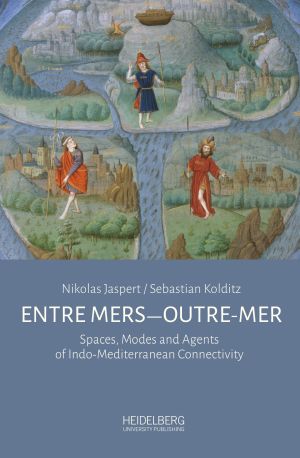How to Cite
License (Chapter)

This work is licensed under a Creative Commons Attribution-ShareAlike 4.0 International License.
Identifiers (Book)
Published
The Making of a Christian Atlantic. The Role of Islam in the Early Modern Emergence of ‘the West’
Abstract This article sets out to define the role of Islam in the early modern emergence of a Christianized transatlantic sphere that was to stand at the origins of our contemporary notion of “the West”. Part One discusses various sources and scholarly opinions with regards to the role played by Islam in the European-Christian discovery, conquest and settlement of South America. It shows that, in spite of early Muslim ventures into the Atlantic, the Islamic sphere ultimately failed to take advantage of its Atlantic coast-lines in the medieval period. Part Two argues that, from the early modern period onwards, the Islamic sphere was systematically sidelined by Christian maritime powers in their quest for dominance over the Atlantic sphere. Part Three explains how these European-Christian efforts to deny Islam access to the Americas are reflected in the early modern Muslim documentation of the Americas, to the extent that the earliest description and history of South America in Arabic, dealt with in Part Four, was written as late as two centuries after Columbus reached the Caribbean by a Christian, i.e. the Chaldean priest Ilyās b. Ḥannā al-Mawṣilī from Baghdad. Against this backdrop, the article concludes with some reflections on the significance of this documentary evidence for the emergence of the transatlantic sphere known as “the West” in English, “al-gharb” in Arabic, a sphere that was almost untouched by Islam until the twentieth century.






